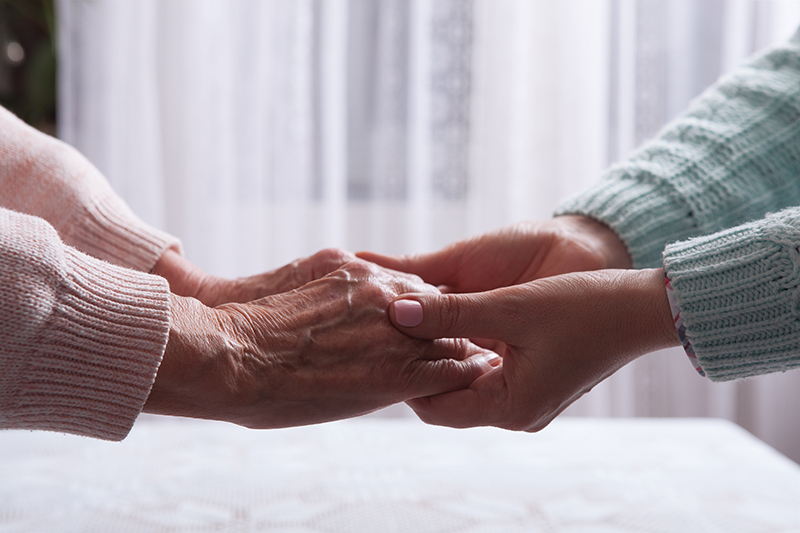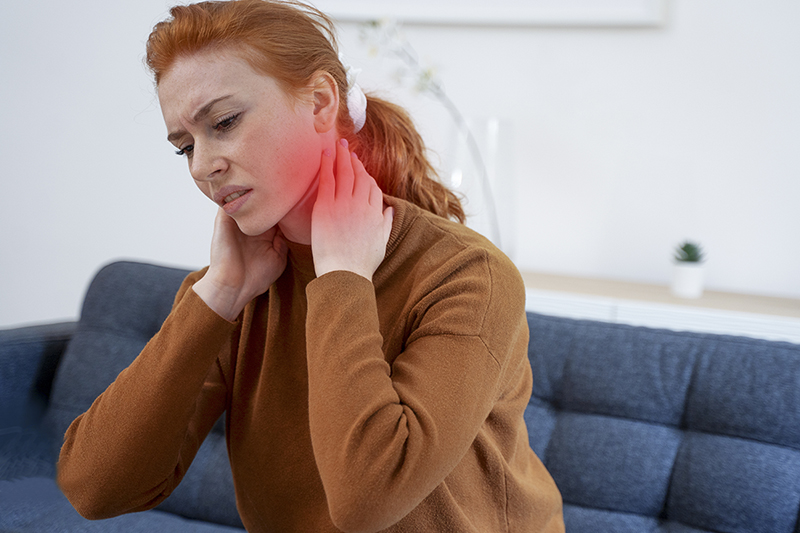Natural Remedies to Help Muscle Pain
Everyone experiences muscle aches and pains whether they are from a hard workout or as a reminder of aging. But there are some natural ways you may be able to relieve muscle pain.
Natural remedies to help muscle pain
Muscle pain is so common that likely everyone has experienced it at some point. Generally, muscle pain is not an indication of anything serious, so natural remedies may be effective at soothing the discomfort. Keep these things in mind the next time you are trying to figure out how to help your aching muscles.
Identify the cause
This usually isn’t too challenging. Did you work out harder than normal? Get a little too crazy on the dance floor? Sneeze aggressively while bending over in the shower? Anything that positions your muscles in an unusual situation can cause undo strain. Even sleeping in a different position than normal can leave you aching when you wake up in the morning. Those are normal types of an injured muscle.
On the other hand, if your muscle aches come on suddenly without any guess as to the cause, it could be caused by illness such as the flu.
Related: 6 Natural Remedies For Heartburn
Know when to stay home and when to get help
If you experience difficulty breathing, a high fever, stiff neck, suddenly start retaining water or were recently bit by a tick, get medical help immediately. If you’ve had severe muscle pain for a prolonged period of time, or have a severe muscle injury from exercise, you should schedule a doctor visit.
If the cause of your muscle pain is that you just worked out a little too hard, (good job!) here's what your aching muscles need.
1. Rest
Depending on the severity, give that group of muscles a break for a few days.
2. Properly hydrate
Be sure you hydrate to help with muscle recovery. Water can help lessen soreness because it removes toxins from your body.
3. Ice
Heat will help your muscles feel better, but it doesn’t aid in healing like ice does. Wrapping an ice bag in a towel and cooling your aching muscle helps the swelling decrease. Try icing for the first few days after an injury and later use a heating pad for soothing.
4. Ease back into it
Exercise and stretching is good for your sore muscles, but be careful. Try yoga or Pilates to get started.
5. Compress and elevate for sprains
If your muscle is visibly swelling, use a compression bandage and elevate it to reduce the swelling.
6. Get your antioxidants and vitamin C
Both antioxidants and vitamin C may reduce muscle pain. Foods like berries, artichokes, pecans, and kale have a lot of antioxidants, while vitamin C is found in tomatoes, peppers, citrus fruits, and broccoli.
Related: These Foods Can Actually Help Alleviate Arthritis Pain or Symptoms
7. Add some protein to your diet
Protein is essential to your diet, but there may be added benefits for muscle recovery. It can help with muscle repair and replenish depleted energy. Choose eggs, beans, or fish to boost your protein intake.Be sure to give your body the proper amount of rest it needs to ensure you don’t reinjure or strain muscles.







